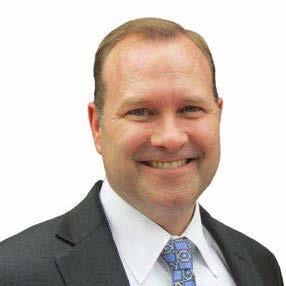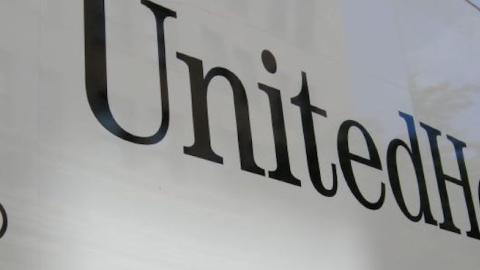If you like your UnitedHealthcare Obamacare plan, that doesn’t mean you can keep your UnitedHealthcare Obamacare plan. That's because the nation's largest health insurer is bailing on the central policy initiative of the Obama presidency.
On a call this morning with analysts, UnitedHealth Group CEO Stephen Hemsley said that UnitedHealth is pulling out of almost all of the Obamacare exchanges: "Next year, we will remain in only a handful of states, and we will not carry financial exposure from exchanges into 2017."
Hemsley explained, "The smaller overall market size and shorter-term, higher-risk profile within this market segment continue to suggest we cannot broadly serve it on an effective and sustained basis." In other words, sick people are signing up for "insurance" and then dumping it once they've gotten somebody else (the "insurer") to pay for their health care, while younger and healthier people won't buy Obamacare-compliant insurance because the legislation's expensive and onerous mandates have led to high premiums and narrow doctor networks. And yet four of the five remaining presidential candidates either support Obamacare's preexisting-conditions mandate (Hillary Clinton, Bernie Sanders, and Donald Trump) or else have actively worked to expand Obamacare (John Kasich).
The Obama administration is pretending that UnitedHealth's Group's withdrawal from the Obamacare exchanges doesn't signal big trouble. But that's wishful thinking. For starters, roughly 1 out of 15 people who bought health plans through the Obamacare exchanges will now lose them. UnitedHealth covers about 800,000 of the estimated 12 million people who have exchanged-based coverage, numbers that are poised to drop to more like 650,000 and 10 million by the end of the year as people quit (if they ever started) paying their premiums. Meanwhile, with one less major competitor in the market, prices will rise even further while the quality of plans will continue to drop.
Even before today's announcement, Professor Seth Chandler, who teaches insurance law at the University of Houston, had warned of "the beginnings of an adverse selection death spiral that threatens the stability of the system of insurance created by the Affordable Care Act." Chandler added, "Private health insurance is fragile. It generally does not well withstand the sort of underwriting regulation imposed by" Obamacare.
In response to all of this, what is clearly needed is a popular conservative replacement for Obamacare that follows the ten guidelines I outlined yesterday. Only then can we repeal Obamacare, restore Americans' liberty, and revitalize an individual insurance market that the federal government has broken.
















